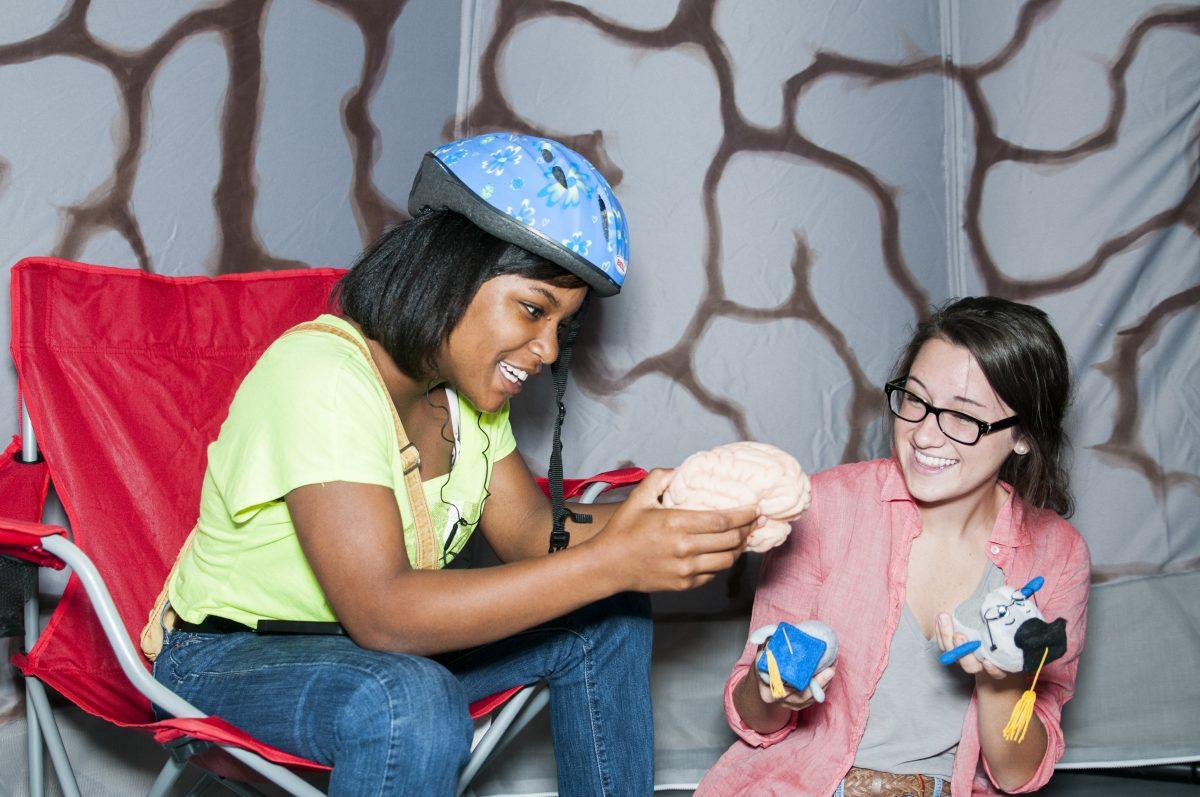Mississippi State University’s new office, the Center for the Advancement of Service-Learning Excellence, opened its doors for operation this August to incorporate service-learning to increase community engagement.
CASLE, which was established in January, is a partnership between the Academic Affairs Office of the Provost and Extension Service.
April Heiselt, director of CASLE, said CASLE was created to incorporate academic research through service-learning.
“Service-learning is conducting meaningful community service and linking it to academic course objectives,” Heiselt said
Heiselt said service-learning involves community engagement, reflection, reciprocity and public dissemination.
“When we are talking about community engagement, we’re looking at kind of how a class bridges the campus border or bridging the gap,” Heiselt said. “It’s pretty much bringing everybody in the community space, thus bridging the gap. For example, in engineering sweet potatoes they (industrial engineering students) are going all the way out to the farm so clearly, they are bridging the gap.”
Heiselt said reflection is also a big part of service-learning.
“The hyphen in the word service-learning connects service learning with reflection. Without reflection, you are doing the service and the learning but no connection. So we require reflections from students. Each faculty member has their students reflect in a very unique way according to their discipline,” she said.
Heiselt said one of the graphic arts instructors requires her students to draw their reflections and write in a booklet each week instead of using computers. Heiselt also said some classes do large focus-group reflections where students talk about their reflections from their service-learning project for the first 10 minutes of class.
Heiselt said the third element, reciprocity, is where everyone involved in service-learning projects gets to be both teacher and learner.
“The student, of course, is being taught, so most of the time at the end of the semester, students do presentations,” Heiselt said. “For example, with sweet potato engineering, the students are going to have a chance to present and share information they’ve learned with farmers.”
Heiselt said the last element, public dissemination, is where information obtained through service-learning is shared with the public.
“We publicly put out and share research information whether it’s through libraries or having students from one class go talk to other classes so that everyone gets to have access to information,” she said.
CASLE has an advisory committee made up of faculty from many departments so service-learning can reach a wide variety of students of different majors.
Caleb Hardman, senior Student Association director of Governmental Relations, is a student representative on the CASLE’s advisory committee.
“I evaluate the development of CASLE program from a student’s perspective and kind of be the students’ voice as it develops into a full program,” Hardman said. “I try to give the committee a real view of what the students are going to think about the program and how to get them involved.”
Heiselt said CASLE is still working on getting students involved, and she encourages students to communicate with their professors to bring service-learning components to the classroom.
“Ask your professors and faculty,” she said. “Look around and see where you feel like would be a great project to get students involved in, because students have a lot of great ideas and can bring a lot to the table.”
CASLE takes study beyond classroom with service-learning
Noelle Avenmarg | Courtesy Photo
Senior Ann Claire Blakely works with high schooler Laglotrice Jordan during a project called “body walk,” which allowed high school students to study major organs. The bodywalk was a component of service-learning classes at MSU.
Donate to The Reflector
Your donation will support the student journalists of Mississippi State University. Your contribution will allow us to purchase equipment and cover our annual website hosting costs.




















































































